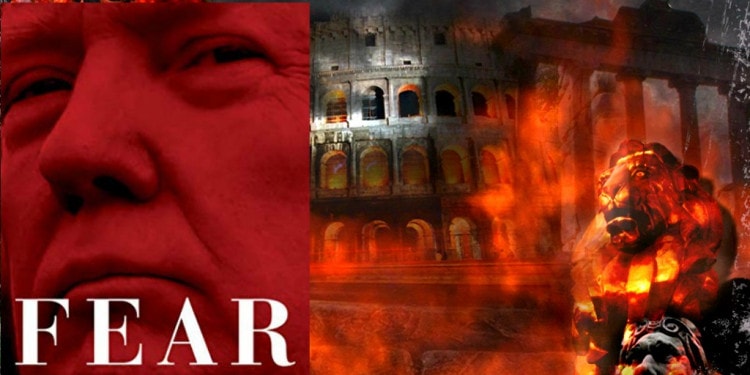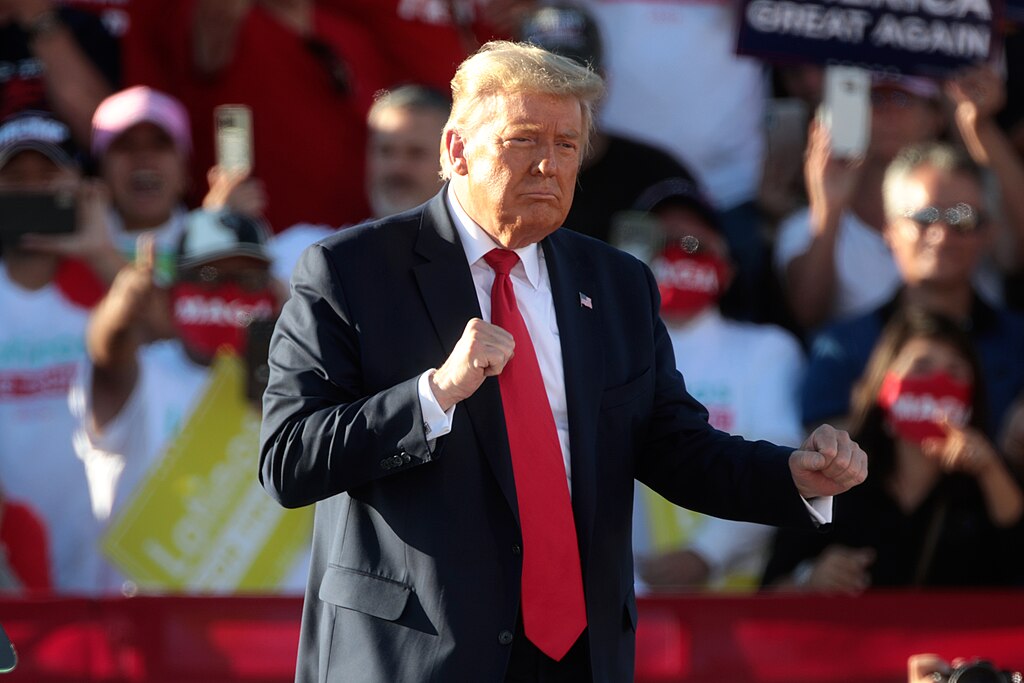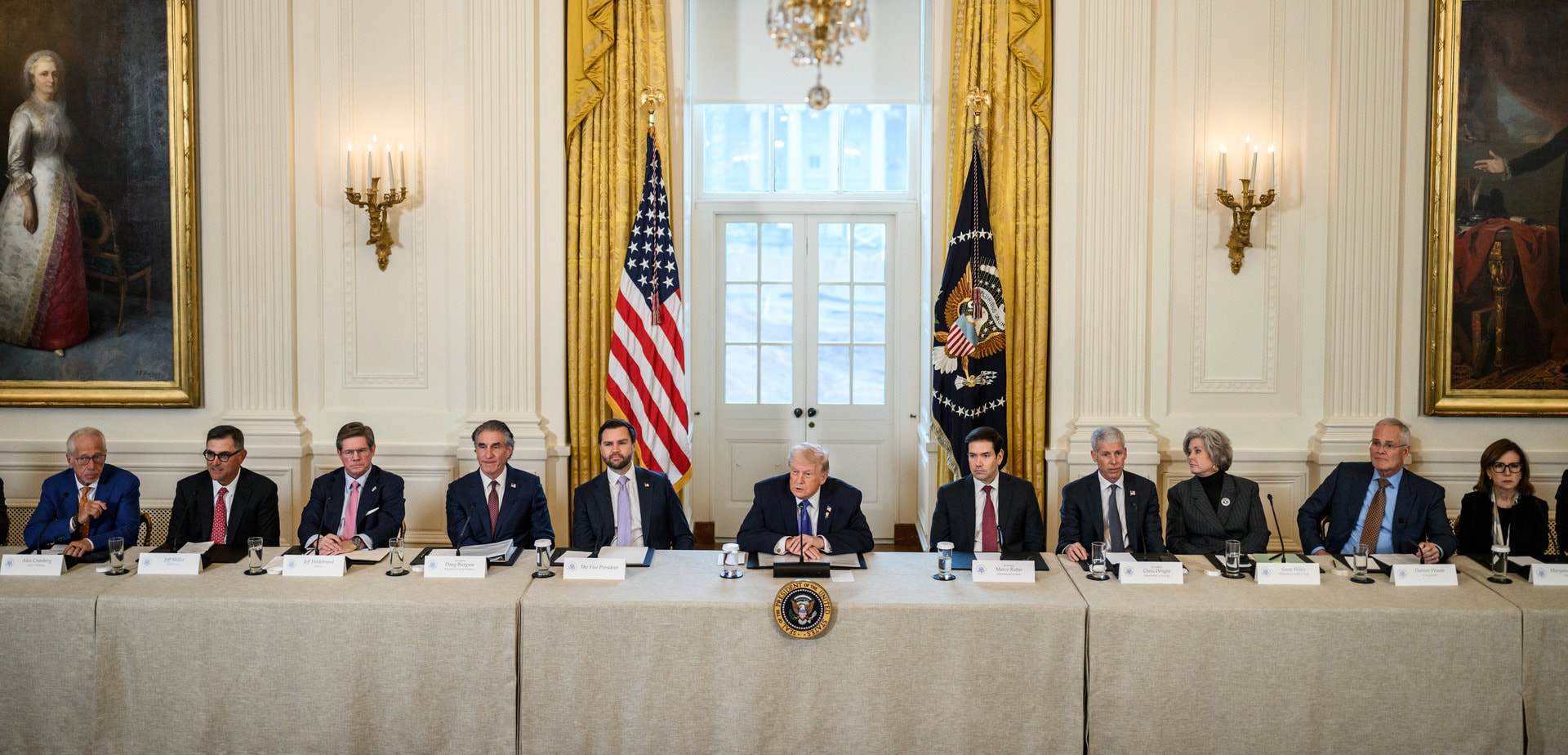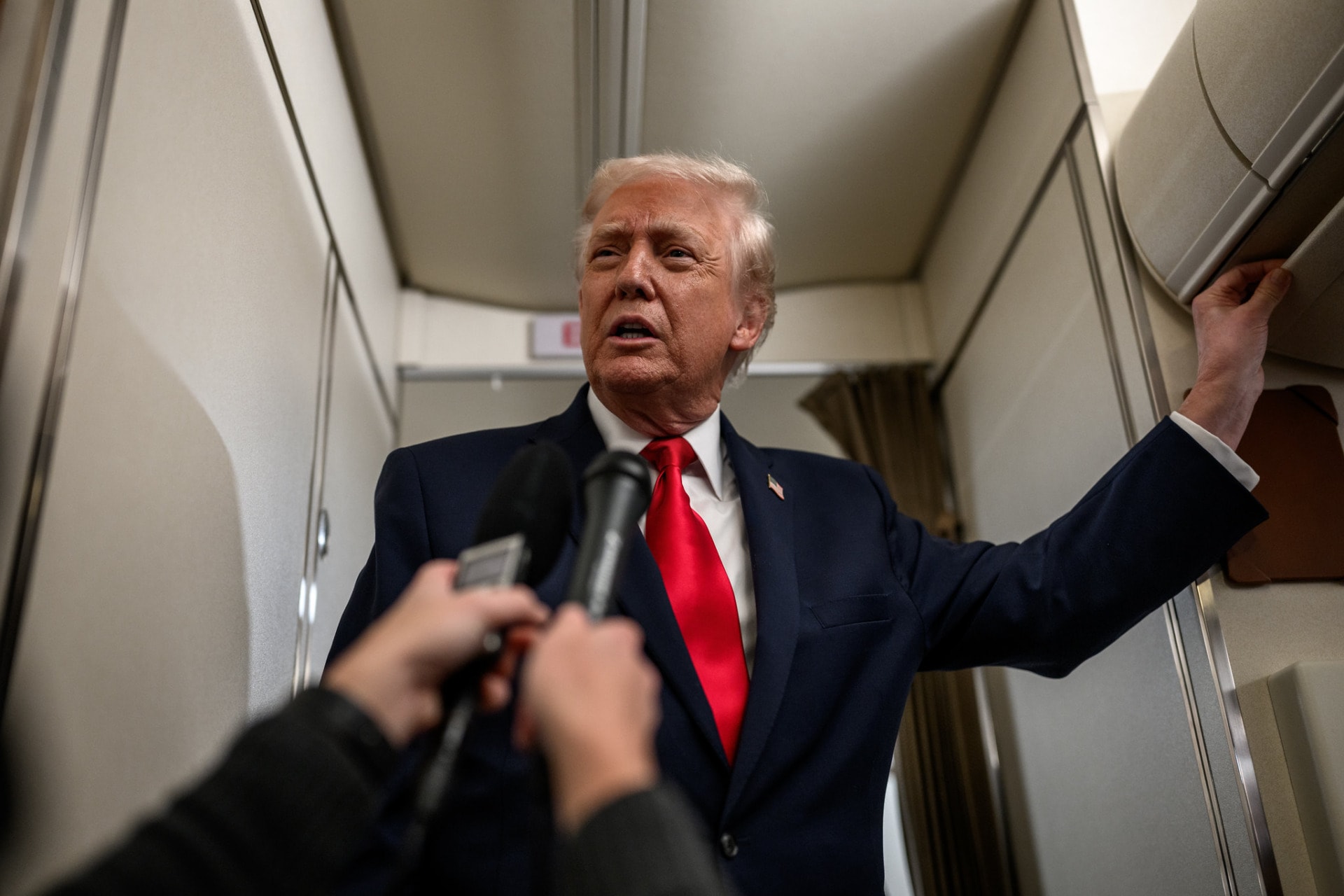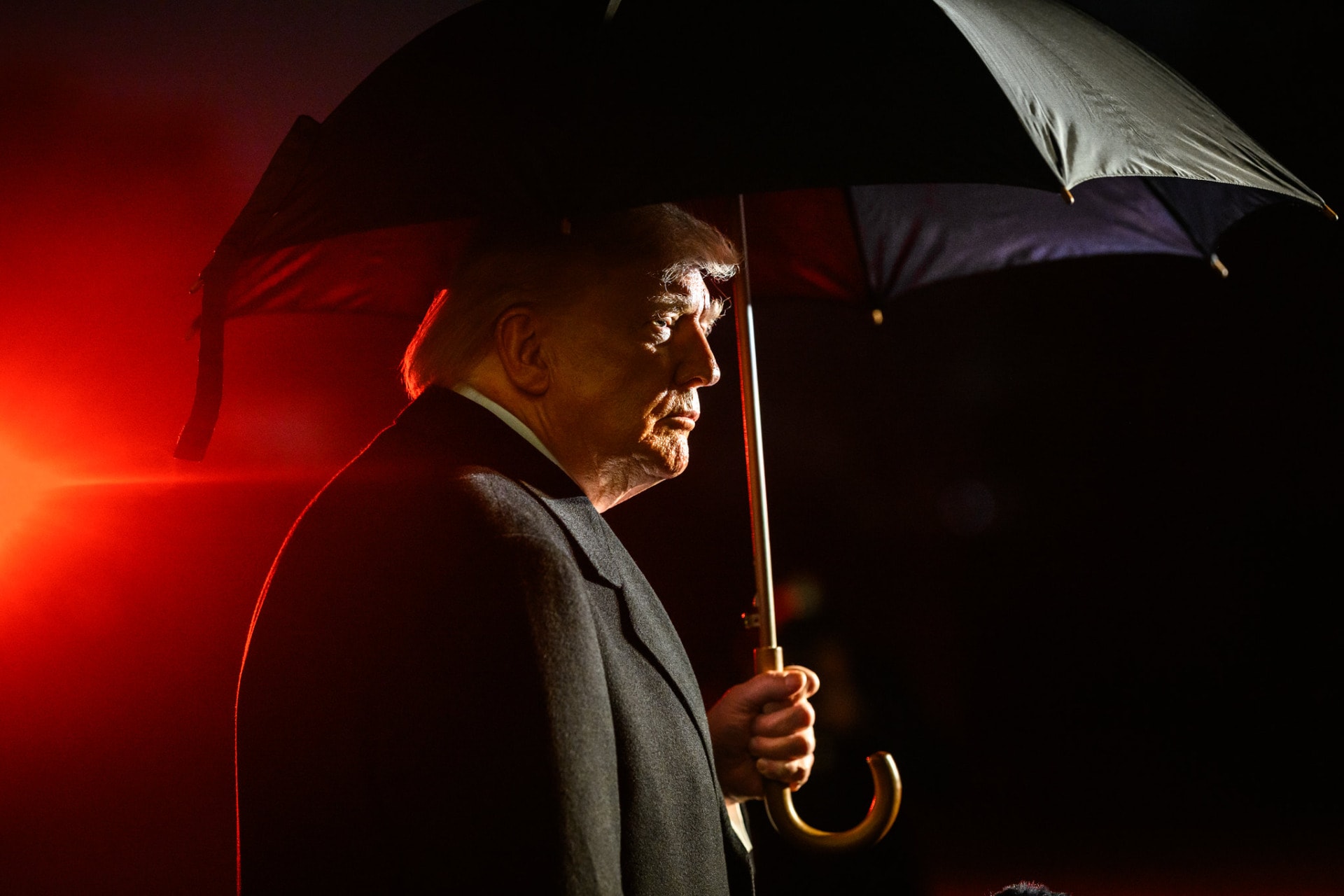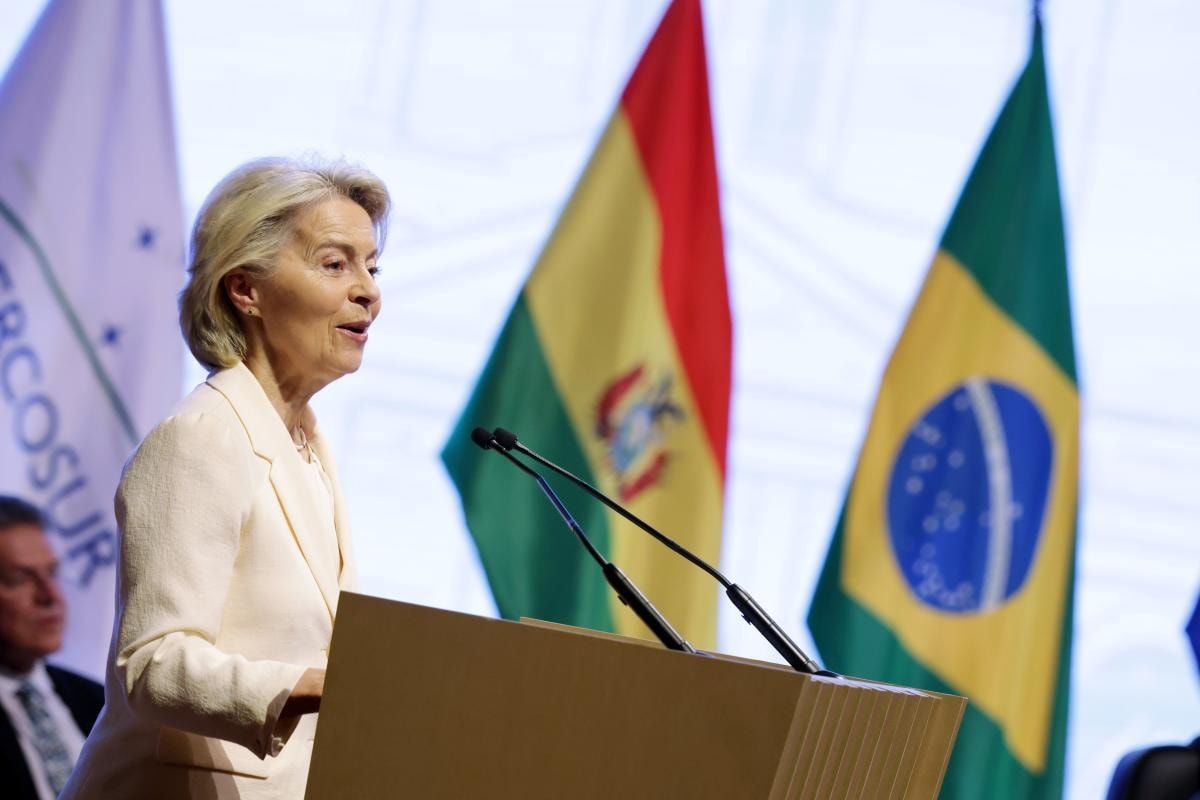A key question is raging around Bob Woodward’s new book “Fear: Trump in the White House”, published by Simon & Schuster on September 11:
Did Bob Woodward wildly exaggerate and fabricate findings or is the Trump White House, and more importantly, the president himself, wildly dysfunctional?
An answer in partisan mode is no answer at all. Here, as a friendly outside observer (disclosure: I am European), I will try to clear up the issue.
The book, in a sober style, convincingly depicts an administration in the midst of a “nervous breakdown”, with aides running to contain damage. He reports this unforgettable comment from Reince Priebus: “When you put a snake and a rat and a falcon and a rabbit and a shark and a seal in a zoo without walls, things start getting nasty and bloody. That’s what happens.”
Among the revealing anecdotes:
- Gary D. Cohn, former Goldman Sachs President then working for Trump as Chief Economic Adviser, removes a letter from Trump’s desk in the Oval Office to stop him from signing it – a letter that authorized withdrawal from the trade agreement with South Korea; Cohn said afterwards that he did it “for the country”, as the trade agreement vitally underpins US-South Korea cooperation, a pillar of US policy to contain North Korea;
- Chief of Staff Kelly exploding in a meeting: “We’re in crazytown, I don’t even know why any of us are here. This is the worst job I’ve ever had”;
- an exasperated Jim Mattis, the defense secretary, after a discussion with Trump last January about the nuclear standoff with North Korea, tells colleagues “the president acted like — and had the understanding of — a ‘fifth or sixth grader.’”
This particular depiction of Trump’s White House found an unexpected echo – really a confirmation – in the anonymous op-ed published by the New York Times just a few days before Woodward’s book came out, with the striking title: “I’m Part of the Resistance Inside the Trump Administration”. It is from a White House senior official and there are many theories as to who did it. The latest from Ann Coulter claiming Jared Kushner did it. But at the time of writing, still no one really knows.
What is most unsettling about Trump is not so much his level of understanding about issues, bad as it is, but his systematic misperception of reality. I would have to agree with Bob Woodward for whom, as he told the New York Times, the most illuminating anecdote is the one where Trump questions (once again) why the US is supporting South Korea, saying “We have 28,000 troops, costs about $3.5 billion a year. I just don’t understand that. And why are we spending all this money on, say, Taiwan, protecting Taiwan?” And Secretary of Defense James Mattis answers, “Look, we’re doing all of this because we’re trying to prevent World War III.”
Bob Woodward says that “really jarred” him, “that the secretary of defense has to remind the president that part of the job is preventing World War III.” In Trump’s worldview, peace does not matter, only money matters. Politics has no place – even though he is the President of the United States. Extraordinary.
But it was another anecdote that stayed with me. Following the Access Hollywood tape revelations (Trump said he could “grab pussy” anytime he wanted), a scandal that nearly derailed his campaign, Steve Bannon tries to convince Trump to adopt a state-by-state strategy. Bannon despairs of getting through to Trump and that’s when he realizes: “I’m the director, he’s the actor.”
Trump, the actor. Not a president. Not a politician. Not an ideologue. A Reality TV actor and nothing more. That is terrifying.
In fact, Trump has the most shocking definition of power. Woodward picked it up out of an interview he had with Trump two years ago, in March 2016 at the Trump Hotel in Washington – hence the title “Fear”. It came up when Trump was asked what power meant to him. He started by saying “respect” and ended with the phrase that adorns the book’s opening page: “Real power – I don’t even want to use the word – fear.”
That – just to be clear – is a despot’s definition of power. And like all despots, Trump is careful to cultivate a super cool image in public, making sure only people who dutifully applaud him attend his rallies. See what happened to this high-school student in Montana who was removed because he didn’t clap as often as required:
The book is a bombshell and it can’t be dismissed on the grounds that Woodward cites anonymous sources and that he has therefore no evidence. Far from it.
To pretend that Woodward is merely an echo chamber of the “Washington swamp” channeling “Washington groupthink”, as Curtis Ellis, a loyal Trump supporter who worked on his campaign, wrote in an opinion piece for The Hill is misguided. Seeing Woodward’s book in that light betrays blind partisanship and an unwillingness to open one’s eyes and face reality.
Woodward’s M.O. in writing “Fear”
Consider how a professional reporter gathers news: S/he uses multiple sources to verify the same fact and protects the sources of information. That is Woodward’s M.O. and it’s the only way to go, especially now. As things stand, there is every reason to protect one’s sources.
The danger is real and it has its roots in Trump’s constant attacks on the media, the First Amendment and America’s democratic institutions, including, startlingly, Jeff Sessions and the Department of Justice.
Trump always lashes out and if he can damage a person’s reputation, he will. Most recently he did that by revoking security clearances of ex-officials who dared to criticize him. And, helped along by press secretary Sarah Huckabee Sanders, he is doing all he can to destroy ex-aide Omarosa Manigault Newman’s credibility, angered by her devastating new book, Unhinged, an Insider’s Account of the White House
This is not the first time Woodward works with anonymous sources, he’s done it since Nixon’s days. Indeed, Woodward is the Washington Post’s iconic reporter who uncovered, along with Carl Bernstein, the Watergate scandal and made History (and both got the Pulitzer for their exceptional work). Their best-selling book “All the President’s Men,” was made into a movie with Dustin Hoffman and Robert Redford.
Woodward himself takes strong exception to the notion that anonymous sources are the equivalent of fake news. As he explained extensively in an interview to the New York Time Daily podcast:
“…first of all, the sources are not anonymous to me. I know exactly who they are. So I think it’s in a sense the wrong phrase. They are deep background or background sources. And back, what, 46 years ago in Watergate, Carl Bernstein and I turned to using unnamed sources because you can’t get the truth, you won’t get the straight story from someone, if you do it on the record. You will get a press release version of events.“
The book is no press release of Trump events. Jonathan Karp, the president and publisher of Simon & Schuster, has called the book, Woodward’s 19th, “the most acute and penetrating portrait of a sitting president ever published during the first years of an administration.” And it is certainly that. It draws, as the publisher put it, from “hundreds of hours of interviews with firsthand sources, contemporaneous meeting notes, files, documents and personal diaries.”
Carl Bernstein, Woodward’s old friend, perhaps is the one who best describes the M.O.:
How will Woodward’s book affect the White House, more “fear”?
This is perhaps a secondary question, but it is an interesting one.
We all remember what happened after Michael Wolff’s “Fire and Fury: Inside the Trump White House” hit the bestseller list. A lawyer for the president demanded a “full and complete retraction and apology”. Though there were inaccuracies in that book that were picked up by many, It still led to the banishment of Stephen K. Bannon, who had been President Trump’s chief strategist and was quoted in the book. Incidentally, Bannon has not stopped causing damage and that is what he is currently doing in Europe, drumming support for populist plans to take down the European Union.
Predictably, Woodward’s book angered Trump. He multiplied statements and tweets saying the book was “fake”, “fraudulent”, “total fiction”, filled with “phony quotes”, “boring & untrue”. That Woodward has “a lot of credibility problems”, it’s a “scam”:
The Woodward book is a scam. I don’t talk the way I am quoted. If I did I would not have been elected President. These quotes were made up. The author uses every trick in the book to demean and belittle. I wish the people could see the real facts – and our country is doing GREAT!
— Donald J. Trump (@realDonaldTrump) September 7, 2018
A couple of days before, on 5 September, as soon as the publication of Woodward’s book was announced, the White House dismissed it as “nothing more than fabricated stories, many by former disgruntled employees, told to make the president look bad.”
Several White House aides quoted in the book denied they had ever said anything like Woodward claims, including White House Chief of Staff John F. Kelly, former personal attorney John M. Dowd (he resigned in March 2018) and James Mattis. The latter noted: “While I generally enjoy reading fiction, this is a uniquely Washington brand of literature, and his anonymous sources do not lend credibility.”
Trump was quick to tweet:
The Woodward book has already been refuted and discredited by General (Secretary of Defense) James Mattis and General (Chief of Staff) John Kelly. Their quotes were made up frauds, a con on the public. Likewise other stories and quotes. Woodward is a Dem operative? Notice timing?
— Donald J. Trump (@realDonaldTrump) September 4, 2018
This looks like it could go well beyond a tweet storm and expand into the White House starting a lawsuit against Woodward and calling for a change in libel laws. Again, Trump tweeted:
Isn’t it a shame that someone can write an article or book, totally make up stories and form a picture of a person that is literally the exact opposite of the fact, and get away with it without retribution or cost. Don’t know why Washington politicians don’t change libel laws?
— Donald J. Trump (@realDonaldTrump) September 5, 2018
It’s not the first time Trump calls for a change in libel laws, he did that in January after Fire & Fury” came out. But a change is not in the cards. House Speaker Paul D. Ryan (R-Wis.) recently said he has no plans to address libel laws and was not aware of Trump’s tweet.
It is interesting to note that not all the people quoted retracted themselves, far from it. Will Woodward eventually defend himself? He might release some tapes:
Looming lawsuits notwithstanding, the problem for Trump is that the picture Woodward builds is highly credible. It certainly is to me: It reveals the internal logic of Trump’s management style. it throws a searching light on what we already know of the chaos in this White House, it dots the i’s and crosses the t’s.
What we see around Trump are frustrated aides who resort to all means available to delay or thwart him, something Woodward calls “an administrative coup d’état” – something never seen before in the White House.
Some in Trump’s entourage believe in the book. Ari Fleischer, former White House press secretary and no friend of Woodward’s, took to Twitter, vowing for its truthfulness:
I’ve been on the receiving end of a Bob Woodward book. There were quotes in it I didn’t like. But never once – never – did I think Woodward made it up. Anonymous sources have looser lips and may take liberties. But Woodward always plays is straight. Someone told it to him.
— Ari Fleischer (@AriFleischer) September 4, 2018
Indeed, much of what you find in Woodward’s book is echoed in other stories that are well known to the public. Just to cite an example about an issue that I, as an economist, know well, you will find in Woodward’s book a clear description of Trump’s extraordinary lack of understanding of trade questions. All the more surprising if you consider that Trump paints himself as a successful businessman and “deal maker”.
But his abysmal ignorance is leading, as we can see every day in the news, to totally unnecessary and dangerous trade wars with everybody, from China to Europe to Latin America.
Trade wars that could spell the end of American supremacy. Who is pushing Trump to take those catastrophic decisions and why Trump takes them is all there in Woodward’s book, in vivid detail. For example, we see how Trump is abetted by Peter Navarro, an economist who, in spite of a Harvard degree, displays a dismaying ignorance of trade matters. It makes for fascinating reading.
For anyone who loves America, it makes for deeply uncomfortable reading.
You close the book, asking yourself, when will the nightmare end? The book’s portrayal of Trump brought to my mind another historical figure, not Nixon (too intelligent) but Nero. Same stupidity and amoral narcissism. We all know how that ended, with Rome burning at Nero’s feet while he sang.
But this time, it won’t be just Rome burning but the whole planet. Unless a Democratic “blue wave” in the midterm elections sends the American ship in calmer waters. Not easy and not a given.
EDITORS NOTE: THE OPINIONS EXPRESSED HERE BY IMPAKTER.COM COLUMNISTS ARE THEIR OWN, NOT THOSE OF IMPAKTER.COM FEATURED PHOTO CREDIT: Book cover of “Fear” by Bob Woodward on background of Burning Rome, photo by L.C. Nøttaasen Creative Commons


